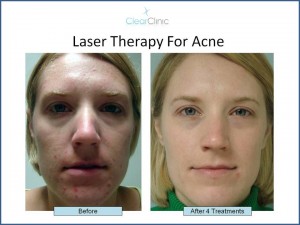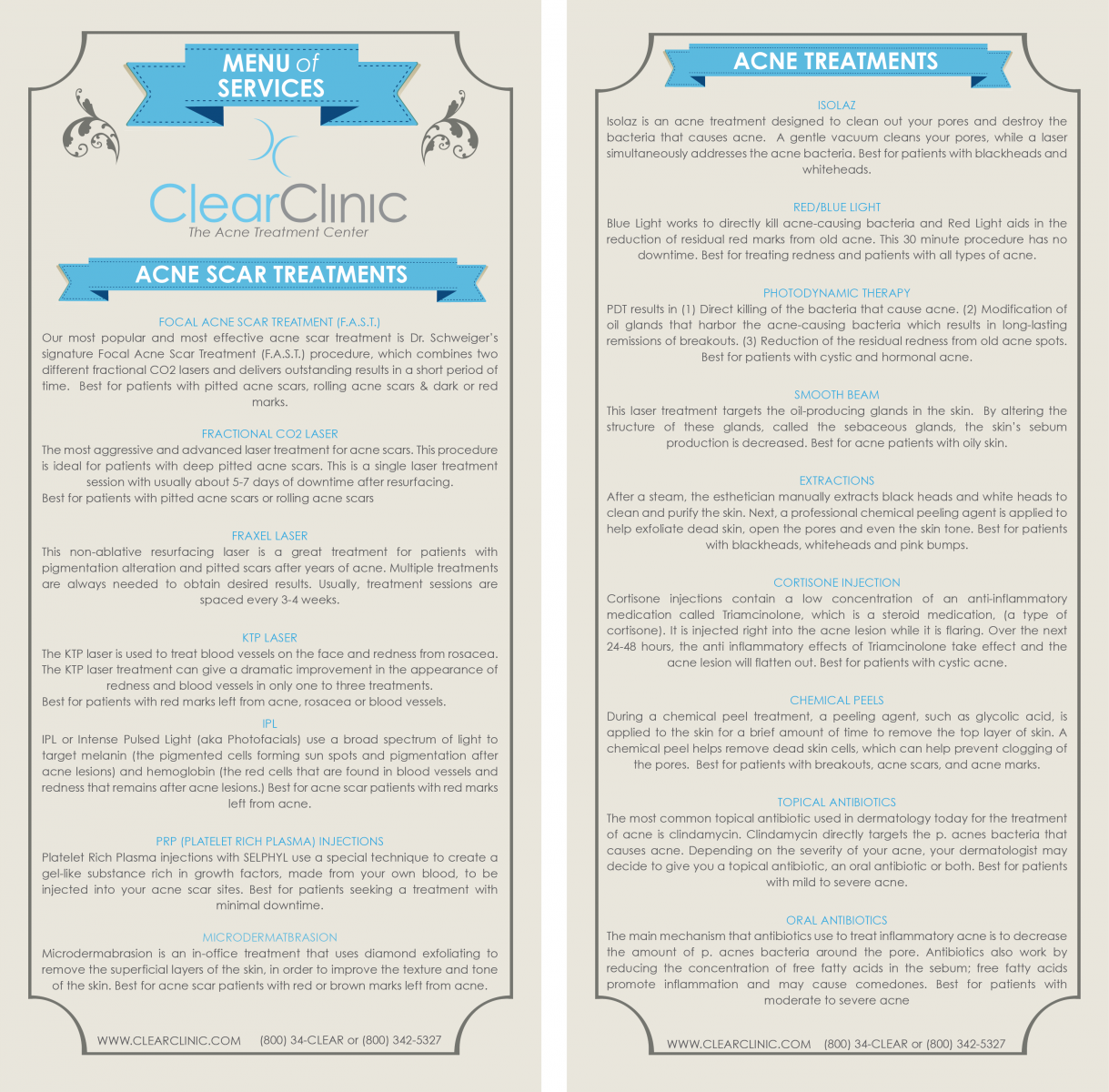How to Treat Cystic Acne
 Cystic acne must be addressed differently than blackheads or whiteheads on the skin. Cysts are inflammatory lesions located deeper within the skin; therefore many of the treatments that are effective in treating blackheads and whiteheads do not improve cystic acne in the same way. Dr. Schweiger explains that, “Cystic acne can be painful and even lead to permanent scarring on the skin. It is important that cystic acne be treated by a dermatologist; your dermatologist will be able to review all of the options on how to treat cystic acne.”
Cystic acne must be addressed differently than blackheads or whiteheads on the skin. Cysts are inflammatory lesions located deeper within the skin; therefore many of the treatments that are effective in treating blackheads and whiteheads do not improve cystic acne in the same way. Dr. Schweiger explains that, “Cystic acne can be painful and even lead to permanent scarring on the skin. It is important that cystic acne be treated by a dermatologist; your dermatologist will be able to review all of the options on how to treat cystic acne.”
Treatments for cystic acne include:
- Oral antibiotics: Antibiotics, such as Minocycline, Solodyn, Doryx, Doxycycline, and Zithromax, are commonly used to treat cystic acne. They reduce inflammation and kill the acne-causing p. acnes bacteria of the skin.
- Oral anti-androgens: Many women experience acne that is caused by changes in their levels of androgen hormones. Spironolactone is an anti-androgen medication that decreases the androgenic influence on the skin, therefore preventing hormonal cysts.
- Topical antibacterial medications and retinoids: Topical medications are effective at preventing the microcomedone (precursor to acne) from forming, which can help to prevent the eventual development of cystic acne. They can also kill the p. acnes bacteria on the skin, which lead to the development of acne.
- Laser and light-based acne treatments: Treatments such as Photodynamic Therapy and Isolaz Acne Therapy treat cystic acne by killing the p. acnes bacteria, and in the case of the Isolaz, also cleaning out excess oil and debris from the pores.
- Isotretinoin: When other treatments have failed and your acne is moderate-to-severe in nature, isotretinoin (commonly referred to as Accutane) is an effective option to be discussed with your dermatologist.

